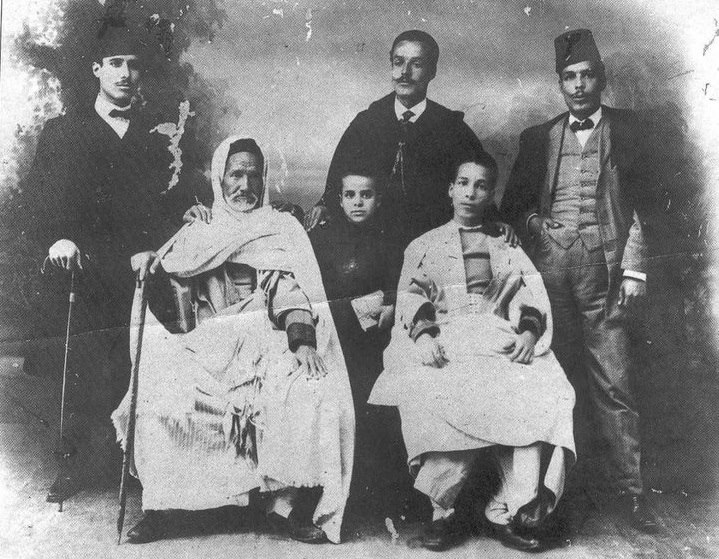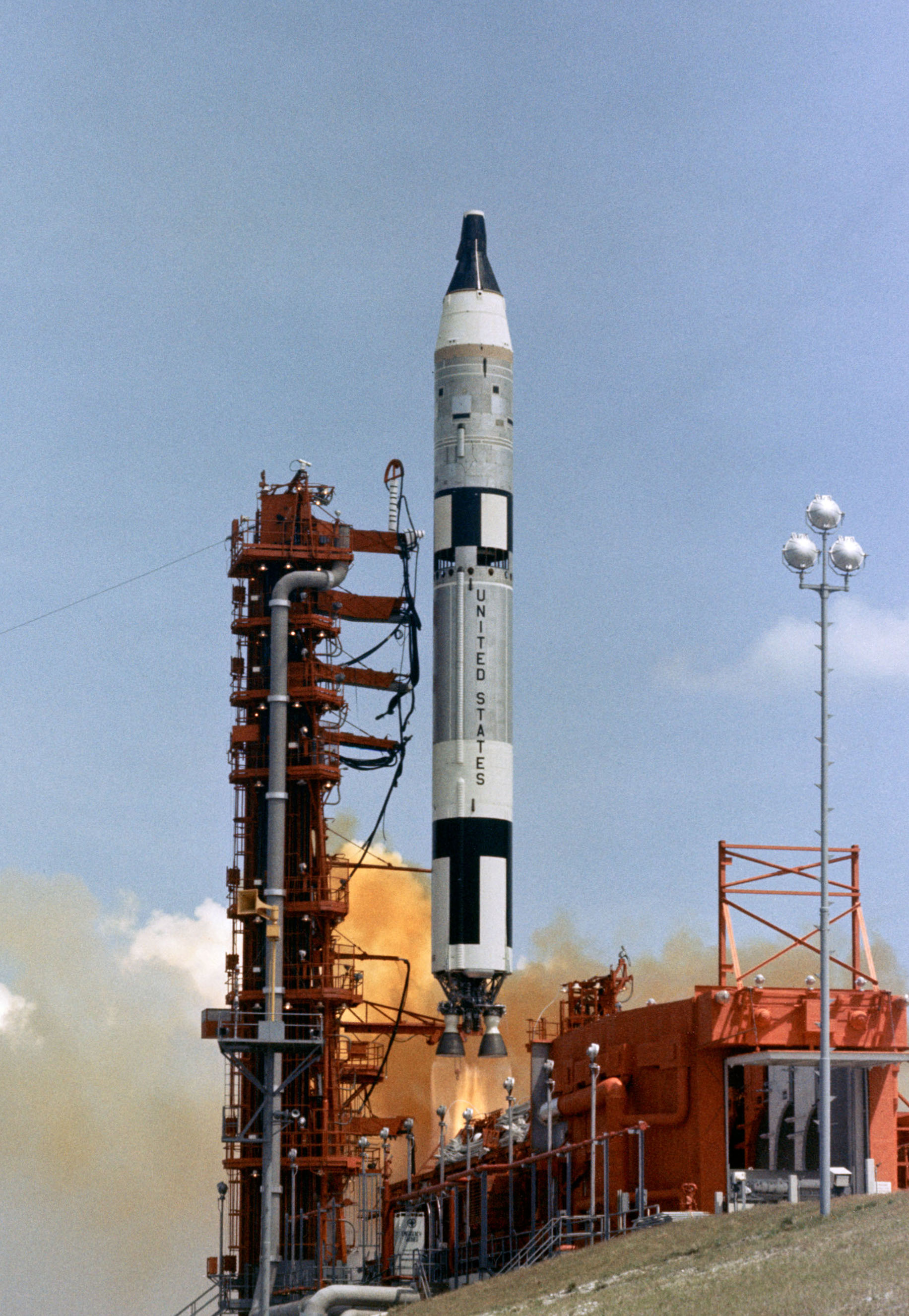|
1964 Tunisian General Election
General elections were held in Tunisia in November 1964 to elect a President and Chamber of Deputies. A year earlier, the country had been formally declared a one-party state with the Socialist Destourian Party (PSD, formerly the Neo Destour) as the sole legal party. However, the country had effectively been a one-party state since independence in 1956. In the presidential election, incumbent Habib Bourguiba was re-elected unopposed; as the chairman of the PSD, he was the only candidate for president. In the Chamber election, voters were presented with a single list from the PSD, which won all 90 seats. Voter turnout was 96.8%.Dieter Nohlen Dieter Nohlen (born 6 November 1939) is a German academic and political scientist. He currently holds the position of Emeritus Professor of Political Science in the Faculty of Economic and Social Sciences of the University of Heidelberg. An expe ..., Michael Krennerich & Bernhard Thibaut (1999) ''Elections in Africa: A data handbook'', ... [...More Info...] [...Related Items...] OR: [Wikipedia] [Google] [Baidu] |
Tunisia
) , image_map = Tunisia location (orthographic projection).svg , map_caption = Location of Tunisia in northern Africa , image_map2 = , capital = Tunis , largest_city = capital , coordinates = , official_languages = Arabic Translation by the University of Bern: "Tunisia is a free State, independent and sovereign; its religion is the Islam, its language is Arabic, and its form is the Republic." , religion = , languages_type = Spoken languages , languages = Minority Dialects : Jerba Berber (Chelha) Matmata Berber Judeo-Tunisian Arabic (UNESCO CR) , languages2_type = Foreign languages , languages2 = , ethnic_groups = * 98% Arab * 2% Other , demonym = Tunisian , government_type = Unitary presidential republic , leader_title1 = President , leader_name1 = Kais Saied , leader_ti ... [...More Info...] [...Related Items...] OR: [Wikipedia] [Google] [Baidu] |
Chamber Of Deputies Of Tunisia
The Chamber of Deputies ( ar, مجلس النواب ''Majlis an-Nuwwāb'', french: Chambre des députés) was the lower chamber of the Parliament of Tunisia, the bicameral legislative branch of the government of Tunisia. It has 214 seats and members are elected by popular vote to serve five-year terms. 20% of the seats are reserved for the opposition. Elections are held in the last 30 days of each five-year term. To be eligible for office, one must be a voter with a Tunisian mother or father and be at least 23 years old the day candidacy is announced. The last election to the Chamber of Deputies was held in October 2009. Under the original Tunisian constitution, the Chamber of Deputies theoretically possessed great lawmaking powers, and even had the right to censure the government by a two-thirds majority. In practice, the body was dominated by the Democratic Constitutional Rally (formerly the Neo-Destour Party and Socialist Destour Party) from independence until the 2011 Tuni ... [...More Info...] [...Related Items...] OR: [Wikipedia] [Google] [Baidu] |
One-party State
A one-party state, single-party state, one-party system, or single-party system is a type of sovereign state in which only one political party has the right to form the government, usually based on the existing constitution. All other parties are either outlawed or allowed to take only a limited and controlled participation in elections. Sometimes the term "''de facto'' one-party state" is used to describe a dominant-party system that, unlike the one-party state, allows (at least nominally) democratic multiparty elections, but the existing practices or balance of political power effectively prevent the opposition from winning power. Although it is predated by the 1714 to 1783 "age of the Whig oligarchy" in Great Britain, the rule of the Committee of Union and Progress (CUP) over the Ottoman Empire following the 1913 coup d'etat is often considered the first one-party state. Concept One-party states justify themselves through various methods. Most often, proponents of a one- ... [...More Info...] [...Related Items...] OR: [Wikipedia] [Google] [Baidu] |
Socialist Destourian Party
The Socialist Destourian Party ( ar, الحزب الاشتراكي الدستوري ' ; french: Parti socialiste destourien) was the ruling political party of Tunisia from 1964 to 1988. Bahi Ladgham was the first Prime Minister from the party and Hédi Baccouche was the last. It was founded on 22 October 1964 and disbanded on 27 February 1988. Habib Bourgiba was the first president of the Socialist Destourian Party from 1964 to 1987. He was succeeded by Zine El Abidine Ben Ali from 1987 to 1988. History Independence of Tunisia from France was negotiated largely by the Neo Destour's Bourguiba. The effective date was March 20, 1956. The next year the Republic of Tunisia was constituted, which replaced the Beylical form of government. Tunisia became a one-party state, with Neo Destour as the ruling party under Prime Minister and later President Habib Bourguiba. Later the Neo Destour party was renamed the Socialist Destourian Party in 1964, to signal the government's commitment t ... [...More Info...] [...Related Items...] OR: [Wikipedia] [Google] [Baidu] |
Neo Destour
The New Constitutional Liberal Party ( ar, الحزب الحر الدستوري الجديد, '; French: ''Nouveau Parti libéral constitutionnel''), most commonly known as Neo Destour, was a Tunisian political party founded in 1934 by a group of Tunisian nationalist politicians during the French protectorate. It originated from a split with the Destour party. Led by Habib Bourguiba, Neo Destour became the ruling party upon Tunisian independence in 1956. In 1964, it was renamed the Socialist Destourian Party. History The party was formed as a result of a split from the pre-existing Destour party in 1934, during the Ksar Hellal Congress of March 2. Several leaders were particularly prominent during the party's early years before World War II: Habib Bourguiba, Mahmoud El Materi, Tahar Sfar, Bahri Guiga, and Salah ben Youssef. Prior to the split, a younger group of Destour members had alarmed the party elders by appealing directly to the populace through their more radical new ... [...More Info...] [...Related Items...] OR: [Wikipedia] [Google] [Baidu] |
Habib Bourguiba
Habib Bourguiba (; ar, الحبيب بورقيبة, al-Ḥabīb Būrqībah; 3 August 19036 April 2000) was a Tunisian lawyer, nationalist leader and statesman who led the country from 1956 to 1957 as the prime minister of the Kingdom of Tunisia (1956–57) then as the first president of Tunisia (1957–87). Prior to his presidency, he led the nation to independence from France, ending the 75-year-old protectorate and earning the title of "Supreme Combatant". Born in Monastir to a poor family, he attended Sadiki College then Lycée Carnot in Tunis, before obtaining his baccalaureate in 1924. He graduated from the University of Paris and the Paris Institute of Political Studies (Sciences Po) in 1927 and returned to Tunis to practice law. In the early 1930s, he became involved in anti-colonial and Tunisian national politics, joining the Destour party and co-founding the Neo Destour in 1934. He rose as a key figure of the independence movement and was repeatedly arrested ... [...More Info...] [...Related Items...] OR: [Wikipedia] [Google] [Baidu] |
Dieter Nohlen
Dieter Nohlen (born 6 November 1939) is a German academic and political scientist. He currently holds the position of Emeritus Professor of Political Science in the Faculty of Economic and Social Sciences of the University of Heidelberg. An expert on electoral system An electoral system or voting system is a set of rules that determine how elections and referendums are conducted and how their results are determined. Electoral systems are used in politics to elect governments, while non-political elections ma ...s and political development, he has published several books. IDEA Bibliography Books published by Nohlen include: *''Electoral systems of the world'' (in German, 1978) *''Lexicon of politics'' (seven volumes) *''Elections and Electoral Systems'' (1996) *''Electi ...[...More Info...] [...Related Items...] OR: [Wikipedia] [Google] [Baidu] |
1964 Elections In Africa
Events January * January 1 – The Federation of Rhodesia and Nyasaland is dissolved. * January 5 - In the first meeting between leaders of the Roman Catholic and Orthodox churches since the fifteenth century, Pope Paul VI and Patriarch Athenagoras I of Constantinople meet in Jerusalem. * January 6 – A British firm, the Leyland Motor Corp., announces the sale of 450 buses to the Cuban government, challenging the United States blockade of Cuba. * January 9 – ''Martyrs' Day'': Armed clashes between United States troops and Panamanian civilians in the Panama Canal Zone precipitate a major international crisis, resulting in the deaths of 21 Panamanians and 4 U.S. soldiers. * January 11 – United States Surgeon General Luther Terry reports that smoking may be hazardous to one's health (the first such statement from the U.S. government). * January 12 ** Zanzibar Revolution: The predominantly Arab government of Zanzibar is overthrown by African nationalist rebels; a Unite ... [...More Info...] [...Related Items...] OR: [Wikipedia] [Google] [Baidu] |
Elections In Tunisia
Following the 2011 Tunisian revolution, elections in Tunisia for the president and the unicameral Assembly of the Representatives of the People are scheduled to be held every five years. The assembly can be dissolved before finishing a full term. Prior to the revolution, elections were held every five to six years, and elected both the president and members of both legislative branches. Following the revolution, elections were held for a Constituent Assembly to decide on a new constitution for Tunisia. From 1956 to 2011, the government and the Constitutional Democratic Rally—originally known as the Neo Destour (1934–1964) and the Socialist Destourian Party (1964–1988)—were effectively one. Although Tunisia was only formally a one-party state from 1963 to 1981, the opposition was usually barely tolerated. With the revolution, several parties have emerged. While there are two numerically major parties—Nidaa Tounes and the Ennahda Movement—no one party has a realist ... [...More Info...] [...Related Items...] OR: [Wikipedia] [Google] [Baidu] |
1964 In Tunisia
Events January * January 1 – The Federation of Rhodesia and Nyasaland is dissolved. * January 5 - In the first meeting between leaders of the Roman Catholic and Orthodox churches since the fifteenth century, Pope Paul VI and Patriarch Athenagoras I of Constantinople meet in Jerusalem. * January 6 – A British firm, the Leyland Motor Corp., announces the sale of 450 buses to the Cuban government, challenging the United States blockade of Cuba. * January 9 – '' Martyrs' Day'': Armed clashes between United States troops and Panamanian civilians in the Panama Canal Zone precipitate a major international crisis, resulting in the deaths of 21 Panamanians and 4 U.S. soldiers. * January 11 – United States Surgeon General Luther Terry reports that smoking may be hazardous to one's health (the first such statement from the U.S. government). * January 12 ** Zanzibar Revolution: The predominantly Arab government of Zanzibar is overthrown by African nationalist rebe ... [...More Info...] [...Related Items...] OR: [Wikipedia] [Google] [Baidu] |
One-party Elections
A government is the system or group of people governing an organized community, generally a state. In the case of its broad associative definition, government normally consists of legislature, executive, and judiciary. Government is a means by which organizational policies are enforced, as well as a mechanism for determining policy. In many countries, the government has a kind of constitution, a statement of its governing principles and philosophy. While all types of organizations have governance, the term ''government'' is often used more specifically to refer to the approximately 200 independent national governments and subsidiary organizations. The major types of political systems in the modern era are democracies, monarchies, and authoritarian and totalitarian regimes. Historically prevalent forms of government include monarchy, aristocracy, timocracy, oligarchy, democracy, theocracy, and tyranny. These forms are not always mutually exclusive, and mixed governme ... [...More Info...] [...Related Items...] OR: [Wikipedia] [Google] [Baidu] |



